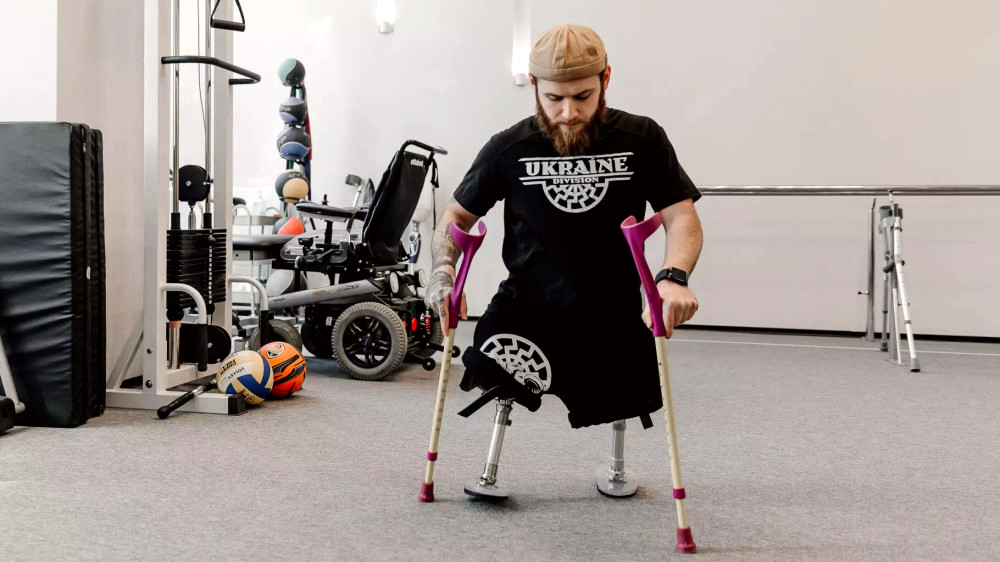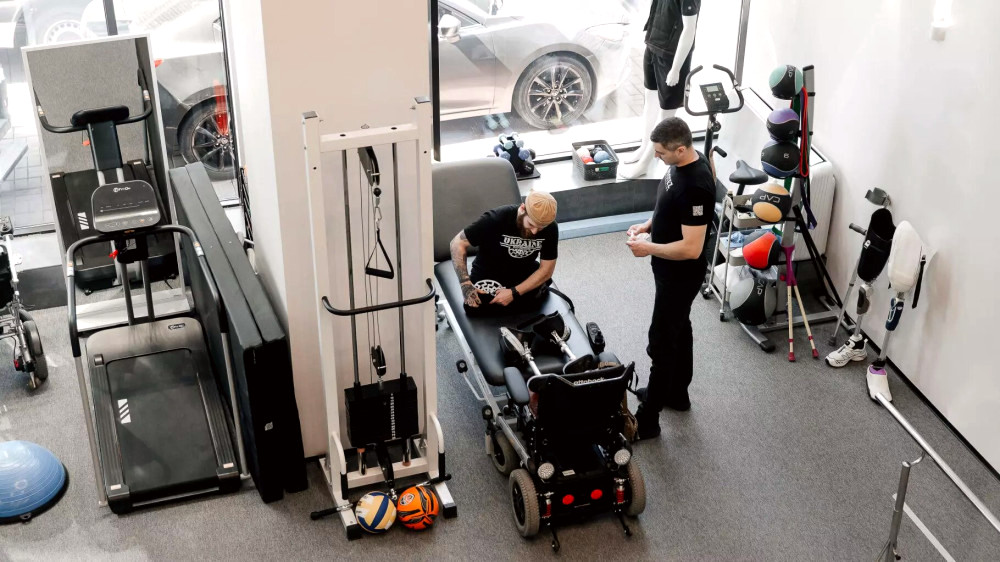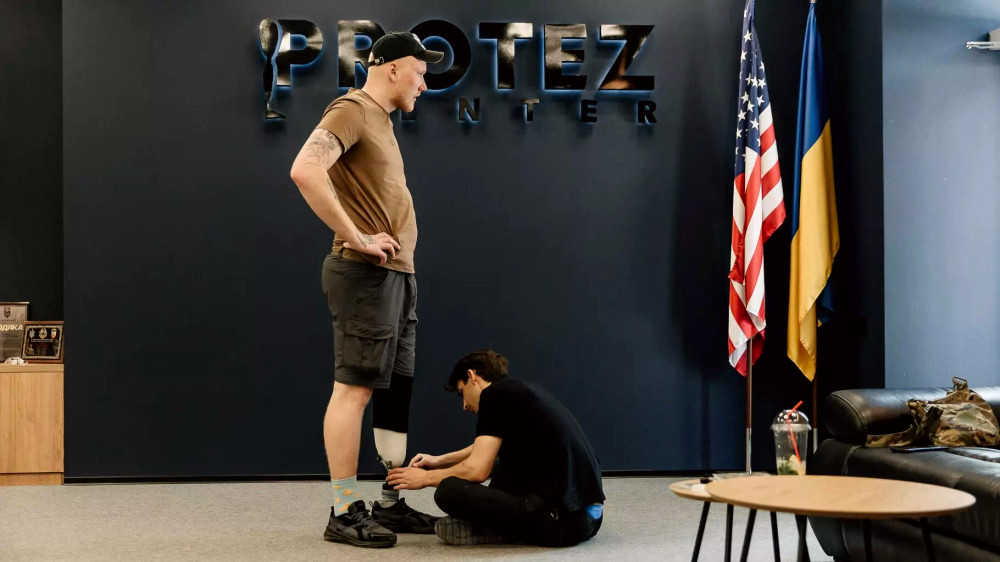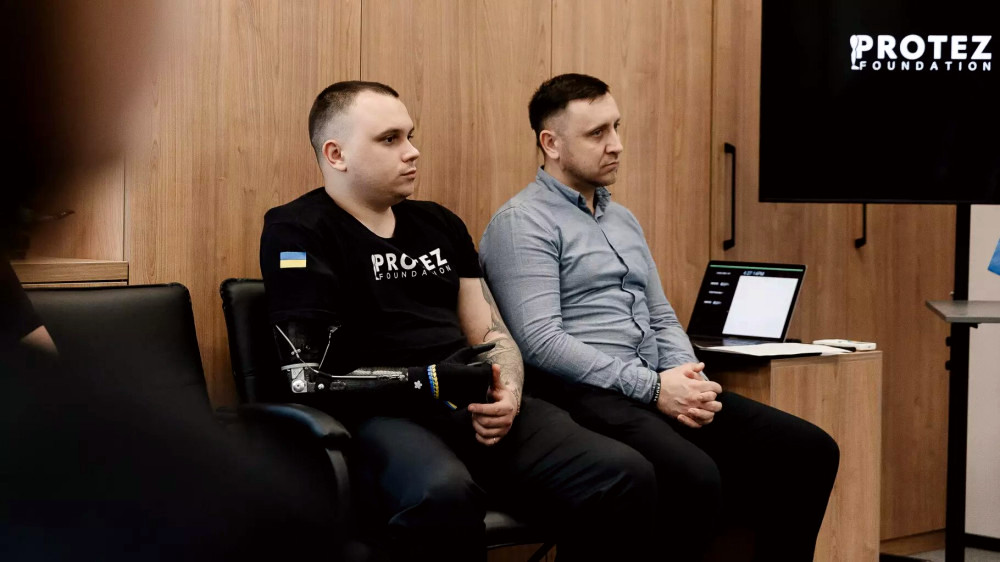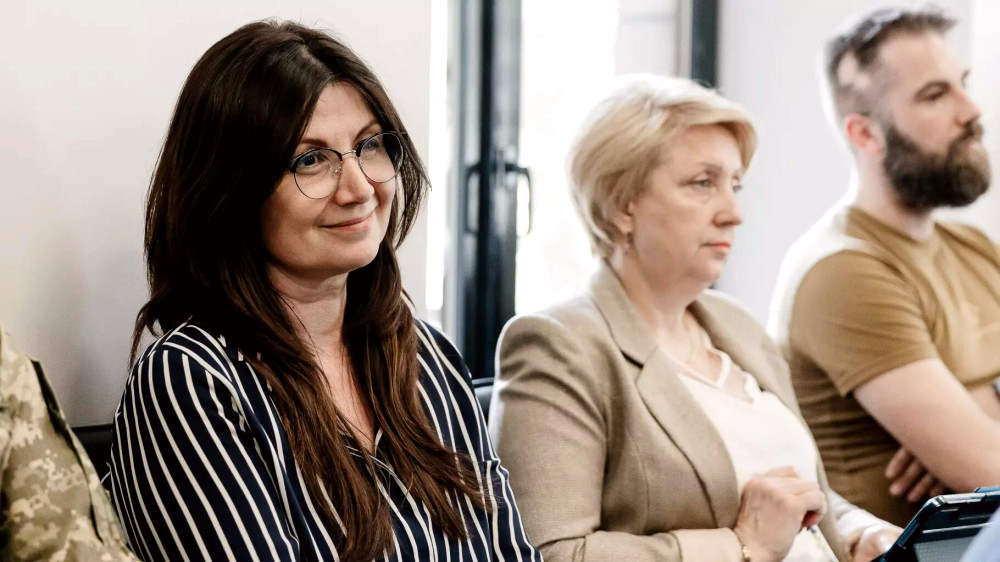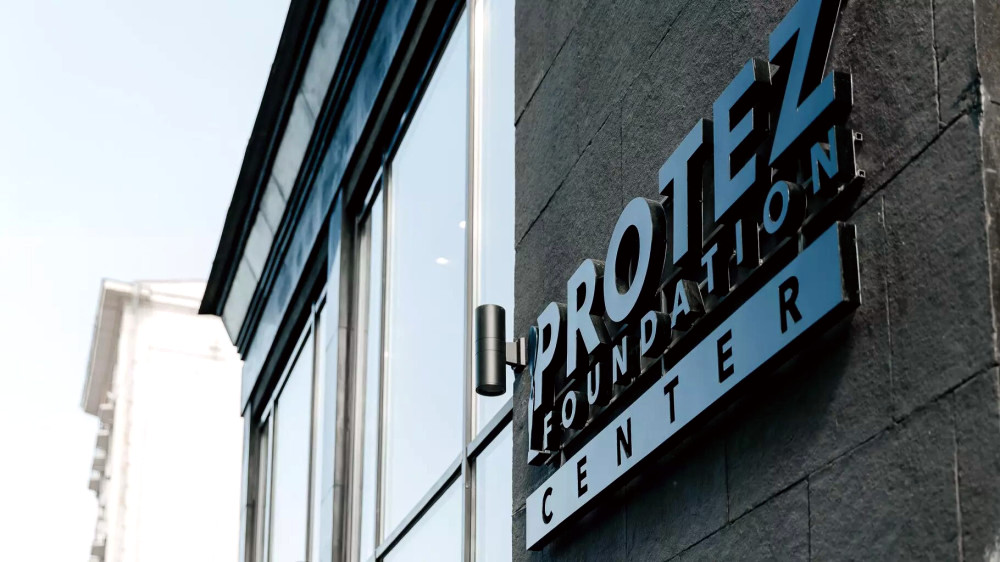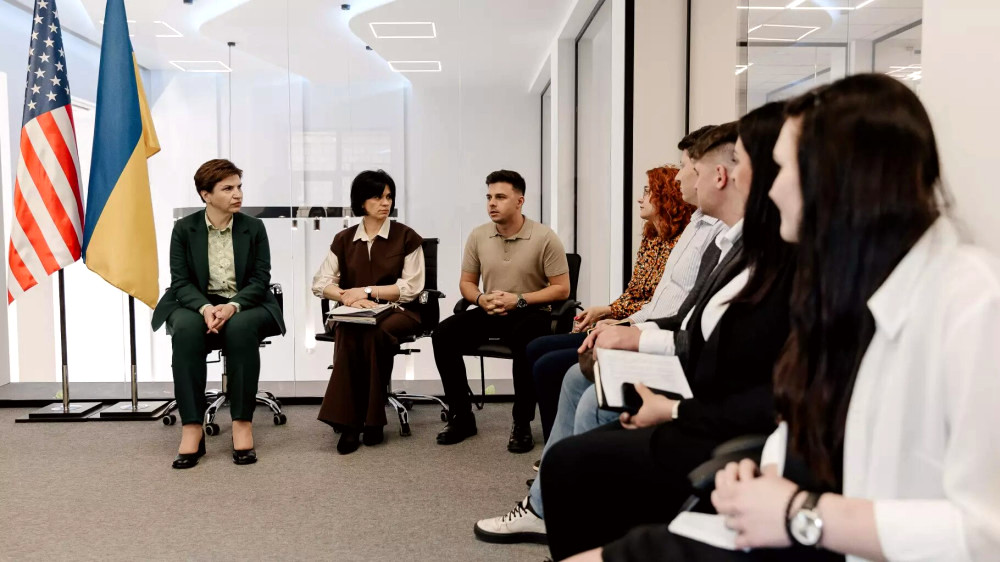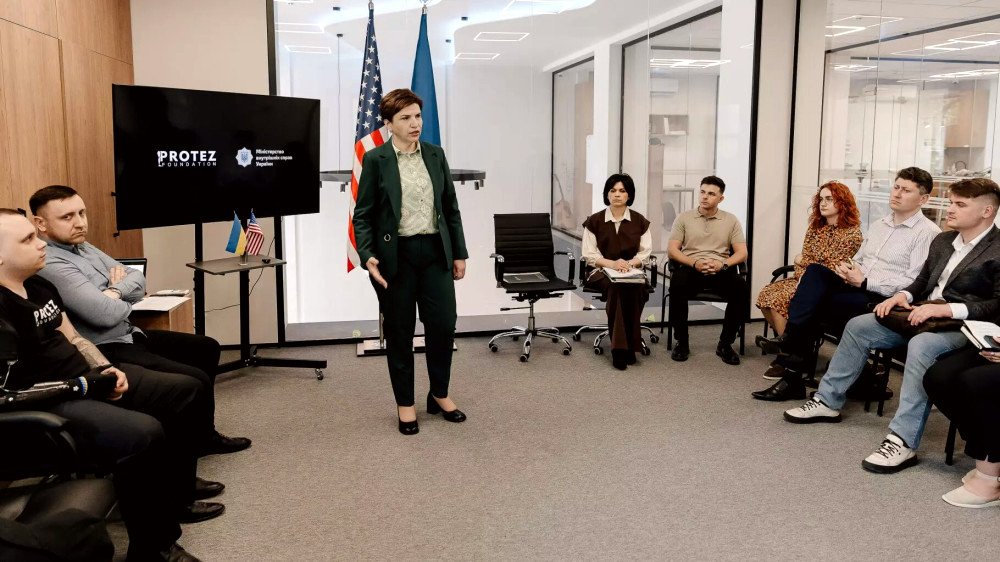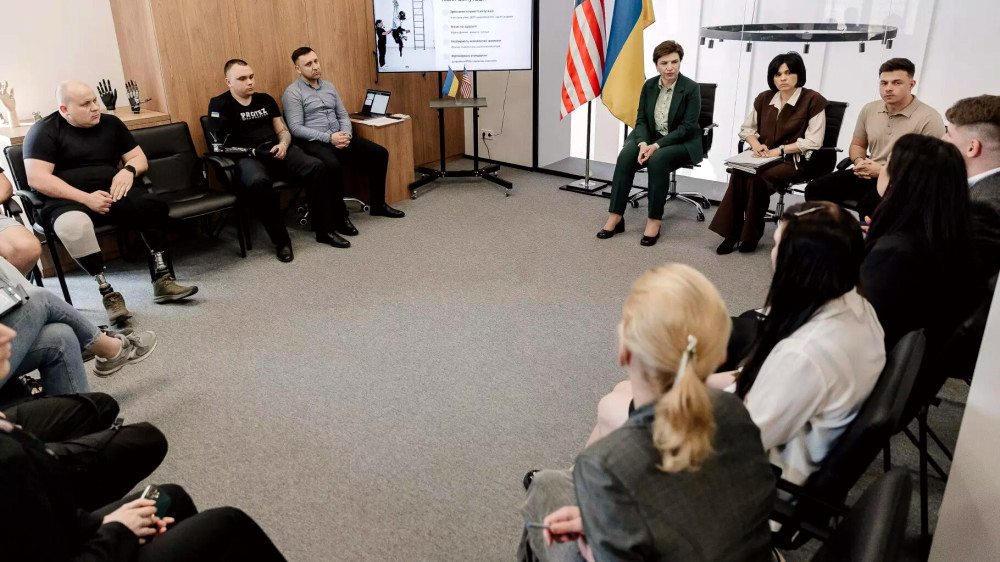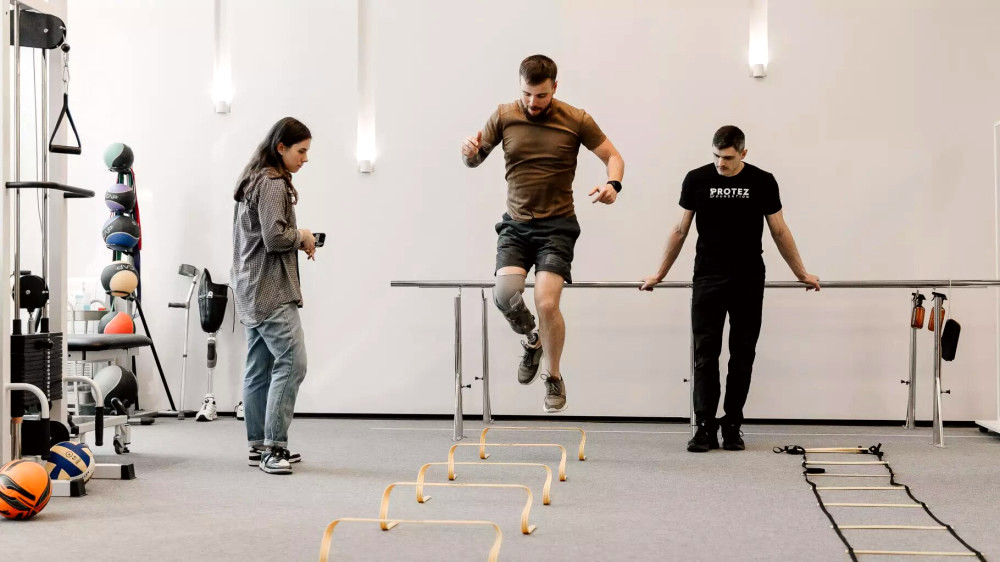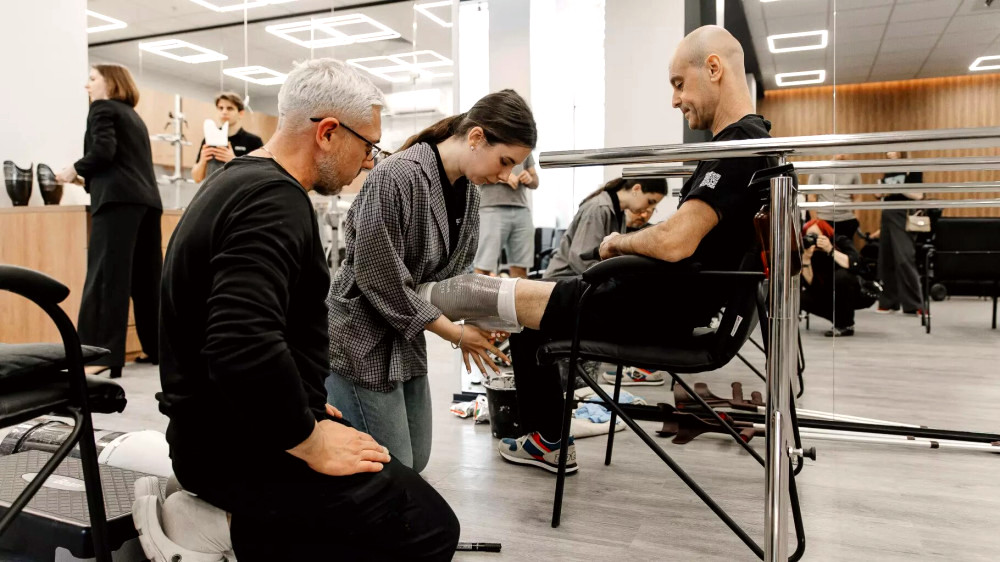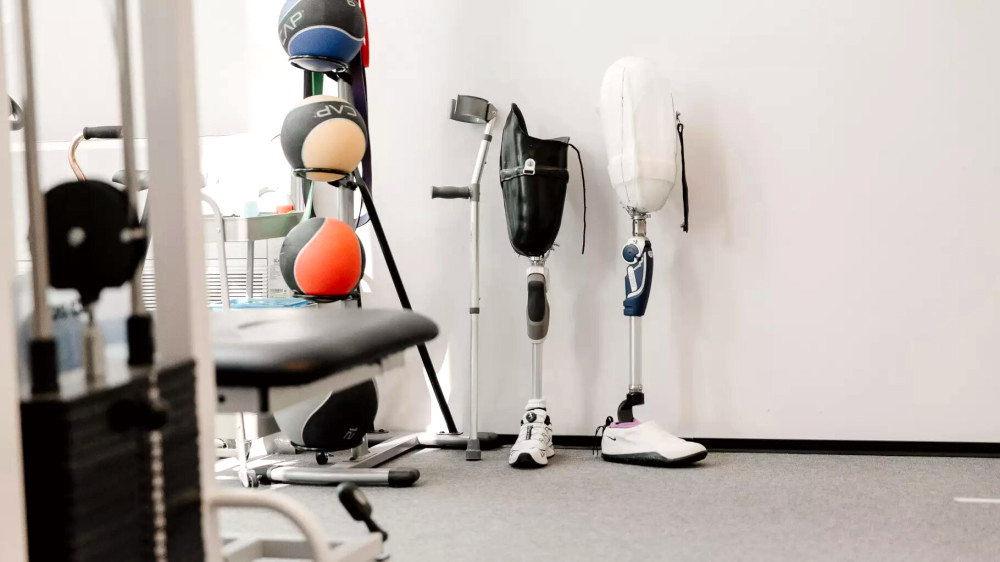A significant meeting was held at the «Protez Foundation» focused on pre-prosthetic preparation. Veterans with prosthetics, along with representatives from the Ministry of Internal Affairs of Ukraine and medical institutions, participated in the event.
The meeting began with an introduction to the operations of the prosthetic center, where participants observed the process of manufacturing and adjusting prosthetics, as well as the latest technologies used in rehabilitation.
"Pre-prosthetic preparation is crucial for medical professionals, social workers, and psychologists in supporting our defenders,” stated Inna Yashchuk, the Deputy Secretary of the Ministry of Internal Affairs.
Co-founder and president of the «Protez Foundation», Yuri Aroshidze, emphasized that the waiting list for prosthetics exceeds 2000 individuals. Therefore, a significant portion of the meeting was dedicated to multidisciplinary approaches in working with patients post-amputation.
“We are grateful to the Ministry of Internal Affairs of Ukraine for their motivation in the rehabilitation of defenders and in quality prosthetics. We want our military to feel that everything here is for them, from the start of pre-prosthetic preparation to the end of their recovery,” highlighted Yuri Aroshidze.
The role of social workers in the process of physical and psychological rehabilitation, as well as in facilitating veterans' reintegration into civilian life, received special attention during the meeting.
Contemporary approaches to treating chronic pain in servicemen suffering from post-traumatic stress disorder (PTSD) were also discussed. Experts shared experiences using innovative techniques to significantly enhance the quality of life for patients.
«I am incredibly happy that nearly 40 of our physical therapy specialists have trained in the USA. They partially learned the secrets of American doctors and gained valuable practical experience,» emphasized Inna Yashchuk.
Such meetings contribute to the development of an effective system of support for veterans and ensure a comprehensive approach to their rehabilitation and support.
